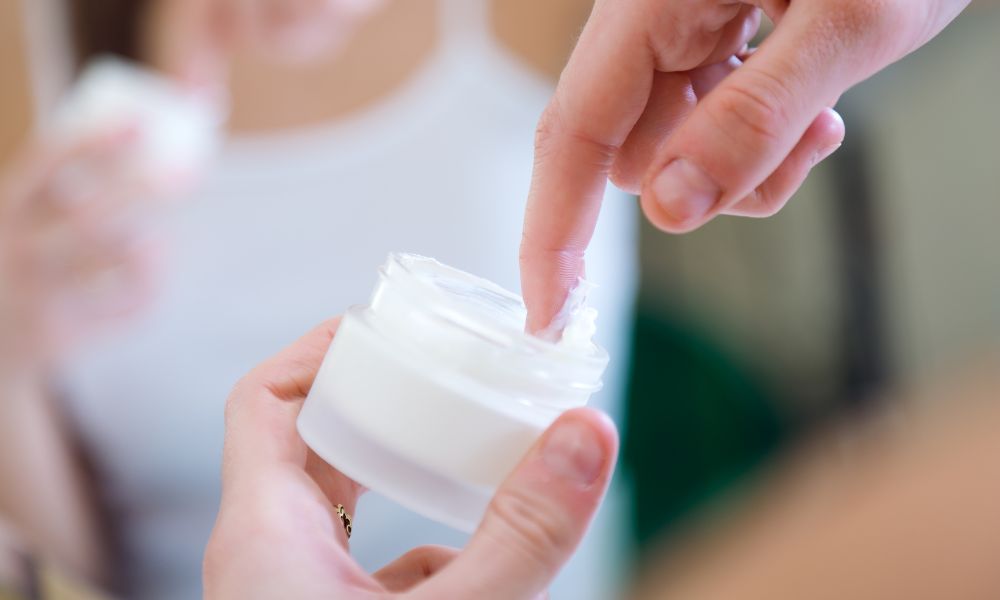How Often Should You Apply Moisturizer for Optimal Skincare?
Moisturizing is a crucial step in any skincare routine, but many people often wonder how many times a day they should apply moisturizer for the best results. According to dermatologists, consistent moisturizing helps maintain the skin’s barrier, preventing environmental damage and slowing down the aging process. However, the frequency of application largely depends on various factors such as skin type, weather, and other products in use.
Why Is Moisturizing Important for Skin?
Moisturizing frequently is vital to maintaining the skin’s natural beauty. When deprived of moisture, skin can become dry, flaky, wrinkled, and susceptible to irritation. This not only affects aesthetics but also increases the risk of skin conditions. Here are some key reasons why moisturizing is essential:
-
Maintains Skin Barrier: Your skin’s natural moisture acts as a shield, preventing the entry of bacteria, dust, and other harmful agents. When the moisture levels drop, this barrier is compromised, exposing the skin to potential harm.
-
Prevents Water Loss: Skin continuously loses moisture through evaporation. By moisturizing, you replenish the lost hydration, ensuring your skin remains soft, supple, and elastic.
-
Anti-Aging Benefits: Well-hydrated skin can better repair and regenerate cells, helping to fend off wrinkles and fine lines.
-
Improves Skin Conditions: Regular moisturizing soothes skin and alleviates dryness, flakiness, itchiness, and other issues like eczema and psoriasis.
- Enhances Other Skincare Products: Moisturizing improves the absorption and effectiveness of other skincare products like serums and acne treatments.
Signs Your Skin Needs Extra Hydration
Recognizing early signs of dehydration is crucial. Insufficient moisture can lead to dryness, severe flakiness, and even other skin problems. Look out for signs such as:
- Dry, tight skin
- Flaky patches
- Itchiness
- Rough texture
- Enlarged pores
- Dull complexion
- Increased acne occurrences
When these signs appear, it’s time to introduce appropriate moisturizing products into your routine.
How Often Should You Apply Moisturizer?
As mentioned, moisturizing is a key component of daily skin care, but determining its frequency can be confusing. Generally, applying moisturizer twice a day—in the morning and evening—is suitable for most skin types.
Skin Type Considerations:
-
Dry Skin: For individuals with dry skin, moisturizing two to three times a day may be necessary, or opt for richer moisturizing products like thick creams or oils.
-
Oily Skin: Although oily skin produces excess oil, it can still be dehydrated. A lightweight, non-comedogenic moisturizer suffices, typically once daily or every other day.
- Combination Skin: You can use a combination of a cream for dry areas and a gel for oily areas, applying based on the needs of specific regions.
Other Factors to Consider:
- Weather: Cold, dry weather can increase moisture loss, prompting more frequent moisturizing. In warm, humid weather, adjusting to a lighter product may be necessary.
- Physical Activity: After exercising, skin may sweat and lose hydration, making it essential to reapply moisturizer.
- Other Skincare Products: Certain items like exfoliants and alcohol-containing toners may dry out your skin, requiring additional moisturizing.

How to Choose the Right Moisturizer
Selecting the appropriate moisturizer is crucial for maintaining healthy skin. With numerous options available, consider these factors:
Based on Skin Type:
- Dry Skin: Opt for thick moisturizers containing ingredients like hyaluronic acid or ceramides.
- Oily Skin: Look for lightweight gels that hydrate without clogging pores.
- Combination Skin: Use a tailored approach for different areas or a balanced moisturizer.
- Sensitive Skin: Choose fragrance-free, gentle formulas to minimize irritation.
Based on Texture:
- Gel: Lightweight, ideal for oily skin.
- Lotion: A versatile option for normal and combination skin types.
- Cream: Best suited for dry or very dry skin.
- Ointment: Suitable for very dry skin in need of intensive moisture.
Additional Factors:
- Ingredients: Look for natural moisturizing agents and avoid harsh chemicals.
- Weather Adaptability: In winter, choose high-hydration formulas versus lighter ones in summer.
- Age Considerations: Older skin may benefit from anti-aging components like retinol.

Tips for Using Moisturizer Effectively
To optimize the effectiveness of your moisturizer, keep these tips in mind:
-
Apply on Cleansed, Damp Skin: Ensuring skin is clean helps the product penetrate effectively.
-
Timing: Morning applications protect against environmental damage, while nighttime applications facilitate repair.
-
Don’t Overdo It: Using excess moisturizer can lead to clogged pores and irritation. A sufficient, even layer works best.
- Stay Consistent: Regular moisturizer use is essential for achieving lasting results. Improvements might take time, so patience is key.
Moisturizer vs. Skincare Creams: What’s the Difference?
While the terms "moisturizer" and "skincare cream" may be used interchangeably, they serve different functions. Moisturizers primarily focus on delivering hydration, while skincare creams offer additional benefits, such as anti-aging properties, skin brightening, and protection against environmental stressors.
Summary
In summary, understanding your skin’s hydration needs, choosing the right products, and establishing a consistent routine can lead to healthier, more radiant skin. For more insights, check out 3 Ways to Recover, Retrieve Deleted Videos On TikTok and TikTok Will Allow Users to Upload Videos Up to 10 Minutes Long.
Keep nurturing your skin to maintain its youthful glow, and don’t forget to follow our blog for more valuable skincare tips!
Leave a Reply
You must be logged in to post a comment.